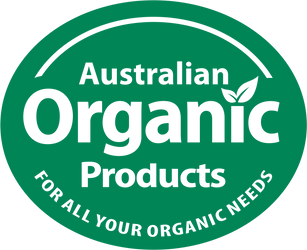Consumer concerns about the potential long-term health, environmental and sociological impacts of using genetic modification in food production continue to spark debate. According to market research organisation Enova Market Insights, the use of non-GMO labelling is growing as interest in natural products increases.
GMOs, or "genetically modified organisms", are plants or animals created through the gene-splicing techniques of biotechnology. also known as "genetic engineering". This experimental technology merges DNA from different species, creating unstable combinations of plant, animal,bacterial and viral genes that cannot occur in nature or in traditional crossbreeding.
The only genetically-modified food crops currently produced in Australia are insect-resistant and herbicide-tolerant canola and cotton. However, a variety of genetically modified foods can be imported and used as ingredients in packaged foods. The most common GMO crops in the United States are alfalfa, canola, corn, cotton,papaya, soy, beetroot, zucchini and squash. In addition to being sold as raw ingredients, these GMO crops can end up in food products through derivatives such as ascorbic acid, high-fructose corn syrup, molasses, xanthan gum, yeast products, vegetable protein and monosodium glutamate.
Food Standards Australia dictates GM foods, ingredients, additives or processing aids that contain novel DNA or protein must be labelled as 'genetically modified'. Labelling is also required when genetic modification alters a characteristic in a food, such as the nutritional content. Our wide range of Australian suppliers are transparent about GMO ingredients and committed to sourcing only the finest, non-GMO raw ingredients. In the United States it is not mandatory to label GM ingredients. This has led to extensive lobbying and the creation of the Non-GMO Project to give consumers informed choice. The Non-GMO Project is a not-for-profit organisation based in North America committed to preserving and building the non-GMO food supply,
educating consumers and providing verified non-GMO choices. It is important to note that many brands are GMO-free, however do not have official verification. Other brands are currently in the transition stage of having products verified.
Australian Organic Products will therefore continue to source only the best organic and gmo-free products from reliable and trustworthy suppliers.
